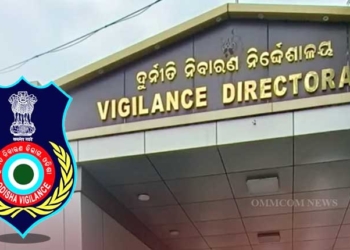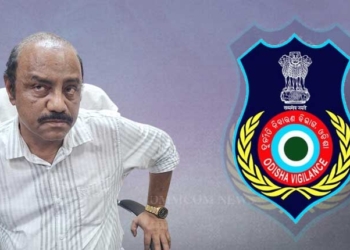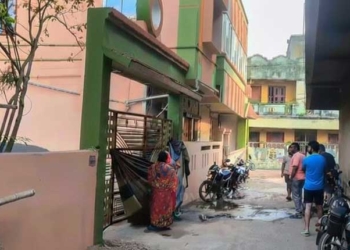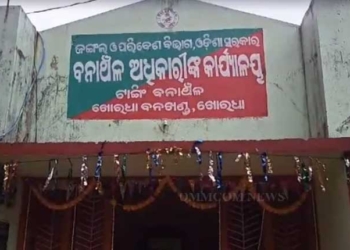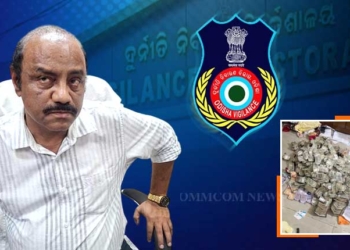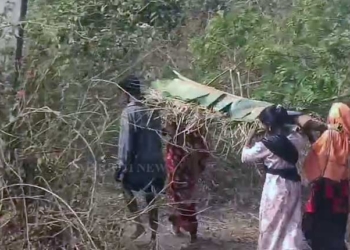Bhubaneswar: The holistic development of Odisha is only possible by strengthening the gram panchayats, which play a pivotal role in advancing the Government’s human development agenda at the village level, underlined the speakers and community members at the Odisha Vikash Conclave here on Wednesday.
“The level of development in a village is evident through the facilities that it provides to enrich human life and sustain the surrounding environment,” said Jagadananda, Co-Founder and Mentor of the Centre for Youth and Social Development.
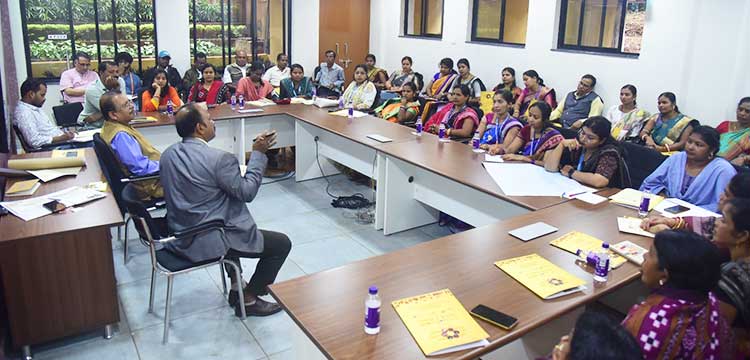
Jagadananda addressed the audience, which included community members, civil society, corporate, academia, researchers, Panchayati Raj Institution (PRI) representatives and Government officials, on Day 1 of the conclave titled, “Dialogue on Building Resilient Gram Panchayats.”
Key indicators such as water availability, sanitation, housing, poverty level, energy access, healthcare, environmental sustainability, education and employment opportunities collectively reflect the development status of a village, added Jagadananda.
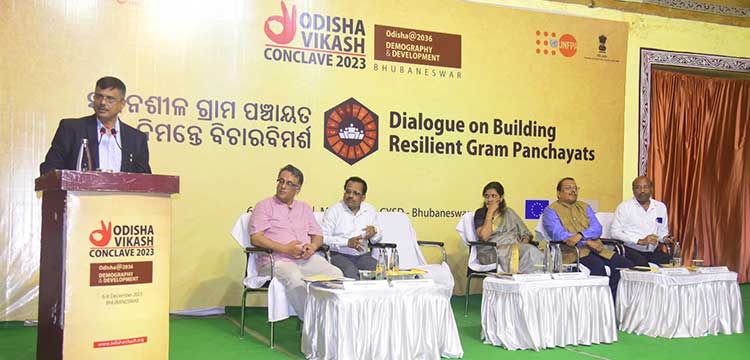
Surendra NathTripathi, Director General, Indian Institute of Public Administration (IIPA), Government of India, emphasized that panchayats as ‘institution of self government’ need to be developed as ‘institutions of local self governance,’ as was the case before The Constitution (73rd Amendment) Act. He underlined the need for an inclusive approach in the PRI system to ensure that the last-mile individuals are covered under social security.
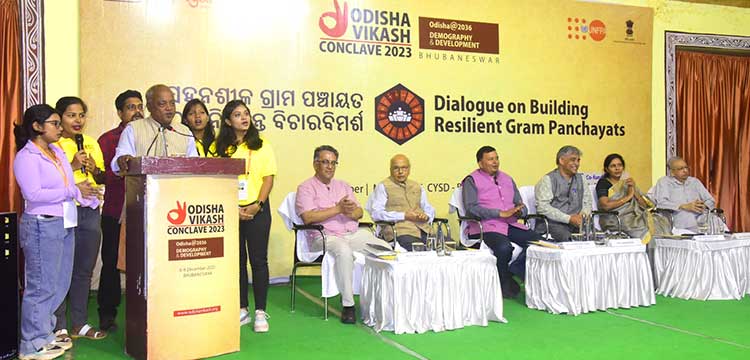
Emphasizing on the need to check distressed migration to ensure rural prosperity, Anshuman Karol, Lead Governance and Climate Action, Society for Participatory Research In Asia (PRIA), stated that Panchayats play a pivotal role in planning and structuring employment in villages to reduce migration.
The formulation of Gram Panchayat Development Plans (GPDP) presents a unique opportunity for panchayats to align their strategies with the Sustainable Development Goals (SDGs), said CYSD’s programme director Basant Kumar Nayak. He emphasized the need for taking measures to bring local and regional players, such as PRIs and Community-Based Organizations (CBOs), to a knowledge platform. This platform would enable these entities to recognize how their ongoing initiatives contribute to the realization of SDGs at the grassroots level.
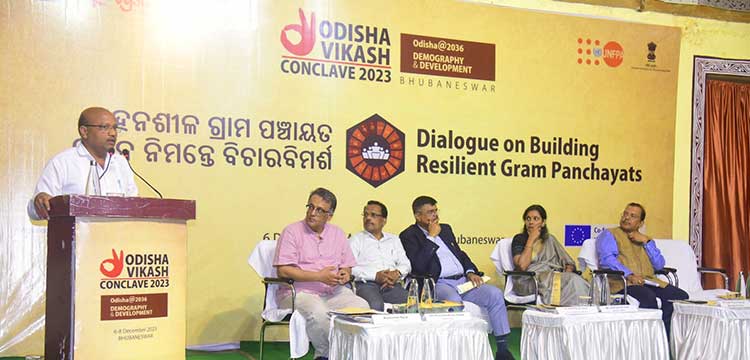
“There’s a projected significant rise in the proportion of older persons from 11.5% in 2021 to an estimated 17% in 2036,” maintained AntimAlokSaraf, a demographer. The increasing proportion of older individuals, particularly the rise in the dependency ratio, underscores the imminent need for robust policies, and panchayats need to equip themselves to adapt to these changes, he added.
Itishree Kanungo, Vice President, Mahashakti Foundation, emphasized on the need of women empowerment, mostly in rural pockets to tackle the challenges posed by the changing demographic pattern.
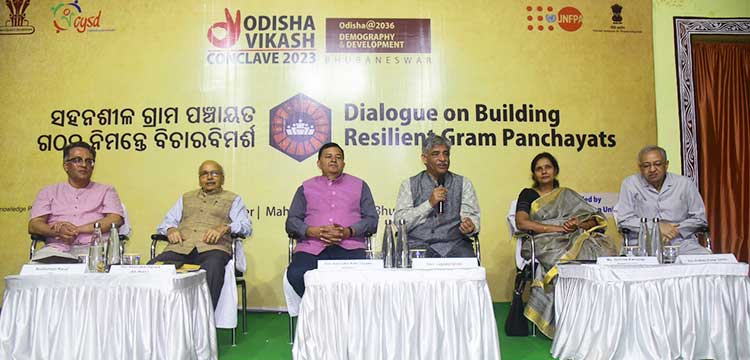
Karunakar Patnaik, Chairman, IIPA, Odisha Branch, shed light on the role of panchayats in allocating land to the landless and preventing the fraudulent practices in the sale of tribal land.
Sarpanches and people’s representatives from 73 panchayats in backward districts such as Mayurbhanj, Keonjhar, Koraput, Rayagada, Nabarangpur, Balangir, Bargarh, and Malkangiri discussed the challenges faced by people in their respective villages. These challenges encompass poverty, lack of access to healthcare facilities, absence of universal health coverage, poor road connectivity, exclusion of eligible individuals from government social security schemes, insufficient irrigation and drinking water facilities, inadequate sanitation, absence of essential documents, and faulty documents hindering access to government benefits, said maintained. They also formulated strategies to address these challenges.
Notably, CYSD is hosting the 4th edition of the biennial Odisha Vikash Conclave (OVC) on the theme ‘Transformative Odisha @2036: Demography and Development.’ Held under the aegis of Odisha Development Initiative (ODI), a coalition of stakeholders articulating a transformative development, OVC aims at brainstorming on five critical areas of demographic transformation of Odisha including Aging Population; Migration and Urbanization; School Education; Youth, Skilling and Employment; Health and Nutrition.





